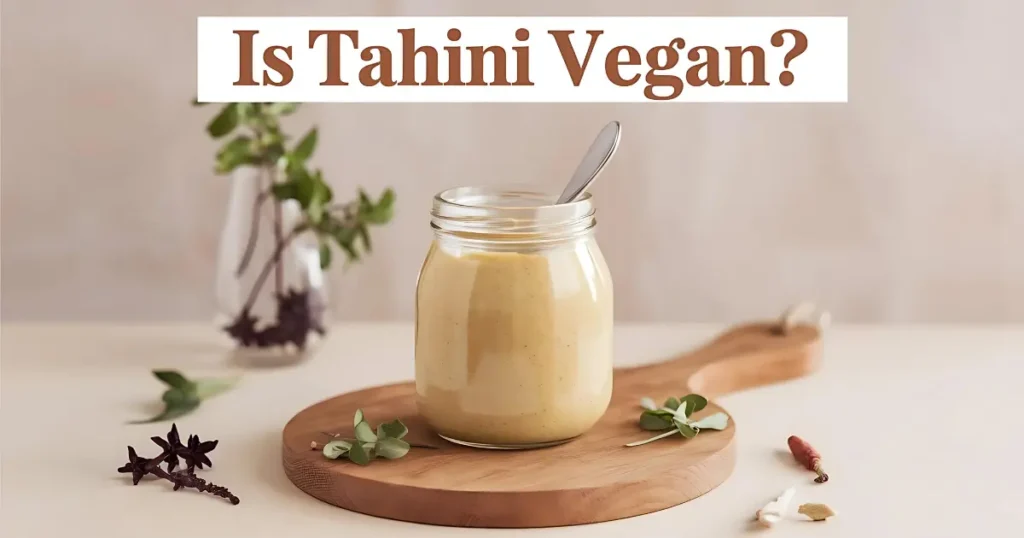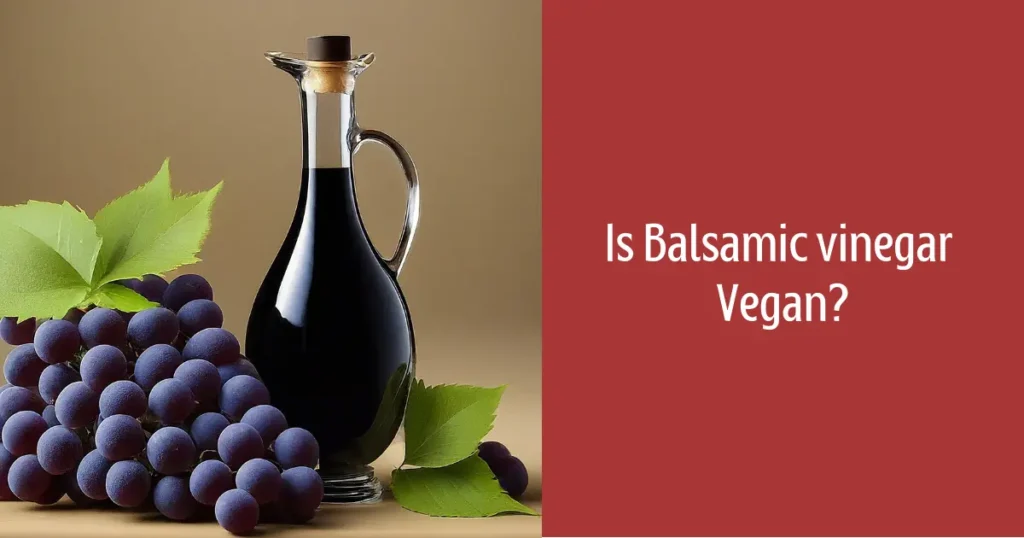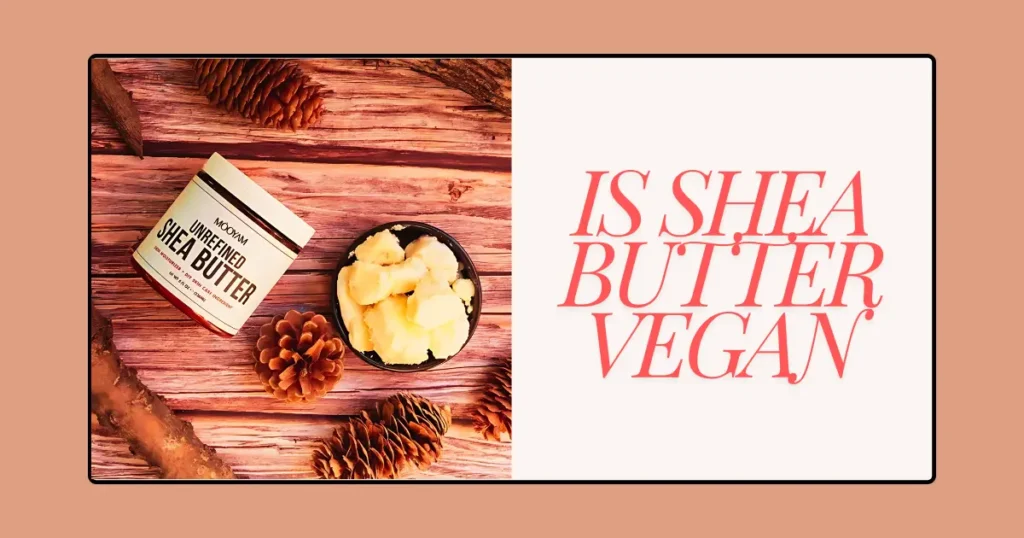Tahini serves as a versatile ingredient in Middle Eastern and Mediterranean cuisines. Known for its creamy texture and nutty flavor, tahini has become a staple in plant-based diets. A key question that arises for those following a vegan lifestyle is tahini vegan? In short, yes, tahini is typically vegan. This is because it is made from sesame seeds, which are plant-based, and sometimes includes oil or salt, both of which are also vegan. However, it is essential to note that some tahini-based sauces may include non-vegan ingredients like yogurt or honey. Therefore, it is always important to check ingredient labels or inquire about preparation methods when dining out.
What is Tahini?
Common Ingredients in Tahini
Tahini relies on a few key ingredients to achieve its rich, creamy texture. Here are the most common ingredients found in tahini:
- Sesame Seeds: The main ingredient, which is often hulled and sometimes roasted, is ground into a smooth paste.
- Oil: Some recipes or store-bought varieties include oil, usually olive oil or sesame oil, to improve the texture.
- Salt: Many tahini products include a pinch of salt to enhance flavor, though some versions omit it to maintain a more neutral taste.
Is All Tahini Vegan?
In most cases, tahini is vegan. Whether you purchase it from a store or make it at home, the base product typically contains only plant-based ingredients. Nevertheless, it is essential to be cautious when consuming tahini sauces, especially in pre-made dressings or dishes served in restaurants. For example, tahini dressings used in salads or falafel wraps may contain yogurt, which would make them non-vegan. To ensure your tahini dishes are vegan, it’s best to make your own sauce at home, where you can control the ingredients used. This way, you can confidently enjoy the rich flavor of tahini without any concerns about consuming animal products.
Health Benefits of Tahini for Vegans
Not only is tahini vegan, but it also boasts numerous health benefits, making it an excellent addition to plant-based diets. Here’s a closer look at some of its nutritional advantages:
- High in Protein: Tahini is a good source of plant-based protein. A 100g serving contains approximately 17g of protein, which is beneficial for vegans looking to maintain a balanced diet.
- Rich in Healthy Fats: Tahini is packed with unsaturated fats, particularly omega-6 fatty acids, which support heart health. However, it is low in omega-3 fatty acids, so pairing it with foods like chia seeds or flaxseeds can help balance your diet.
- Loaded with Vitamins and Minerals: Tahini is an excellent source of essential nutrients, including vitamin B1, B3, phosphorus, iron, magnesium, and calcium. These nutrients are crucial for bone health and energy, especially in a vegan diet.
- Antioxidant Power: Sesame seeds, the primary ingredient in tahini, contain antioxidants that help reduce inflammation and lower the risk of chronic diseases, such as heart disease and type 2 diabetes.
Potential Downsides
While tahini offers many health benefits, it is important to consume it in moderation due to its high fat and calorie content. A 100g serving of tahini contains around 595 calories and 54g of fat. Although these fats are primarily healthy, overconsumption could lead to an imbalance in your diet, particularly if you’re monitoring your calorie intake. Additionally, sesame seeds are a common allergen, so individuals with a sesame allergy should avoid tahini altogether as it can trigger severe allergic reactions.
Versatile Uses of Tahini in Vegan Cooking and Beyond
Tahini is incredibly versatile, making it a popular choice for various sweet and savory dishes. Here are some common and creative ways to use tahini:
-
Hummus: Tahini is a key ingredient in traditional hummus, blended with chickpeas, lemon juice, garlic, and olive oil to create a creamy, nutty dip.
-
Salad Dressings: Whisking tahini with lemon juice, olive oil, and garlic creates a dairy-free dressing perfect for salads, grain bowls, or roasted vegetables.
-
Sauces: Tahini mixed with water, lemon, and salt makes a simple sauce ideal for drizzling over falafel or grilled vegetables, or as a dip for bread or raw veggies.
-
Baking: In vegan baking, tahini can be used as a substitute for butter or oil, adding moisture and flavor to cookies, cakes, and brownies.
-
Spreads: Spread tahini on toast or crackers like peanut butter, and pair it with a drizzle of maple syrup for a sweet twist.
-
Smoothies: A spoonful of tahini adds creaminess and a protein boost to smoothies, working especially well with bananas, dates, and plant-based milk.
-
Dips: Tahini serves as the base for various dips, combined with roasted red peppers, garlic, or herbs to create delicious spreads for veggies or pita.
-
Vegan Ice Cream and Desserts: In vegan desserts, tahini can replace other fats, and it also works as a drizzle on dairy-free ice cream or yogurt bowls.
-
Soups: Tahini can be stirred into soups for added creaminess and flavor, particularly in Middle Eastern or Mediterranean recipes.
-
Marinades: Mixed with lemon juice, garlic, and spices, tahini makes a rich marinade for vegetables or plant-based proteins like tofu.
- Global Cuisine: Beyond hummus, tahini enhances other Middle Eastern and Mediterranean dishes, including baba ghanoush, halva, and falafel sauce.
Tahini is a naturally vegan ingredient that provides a wealth of health benefits and culinary versatility. However, when consuming tahini-based sauces, especially in restaurants, watch for added non-vegan ingredients. Whether you’re using it in hummus, dressings, or baked goods, tahini can be a delicious and nutritious addition to your plant-based diet.





